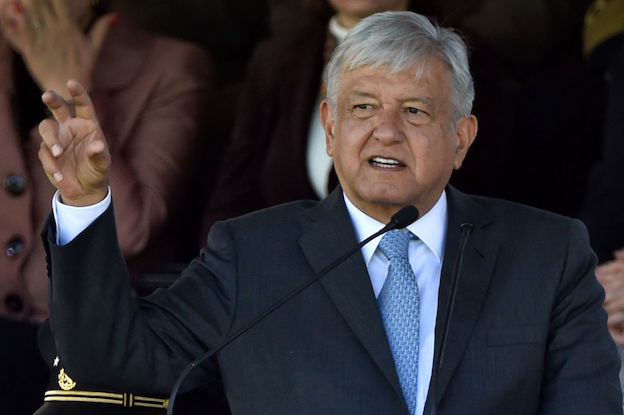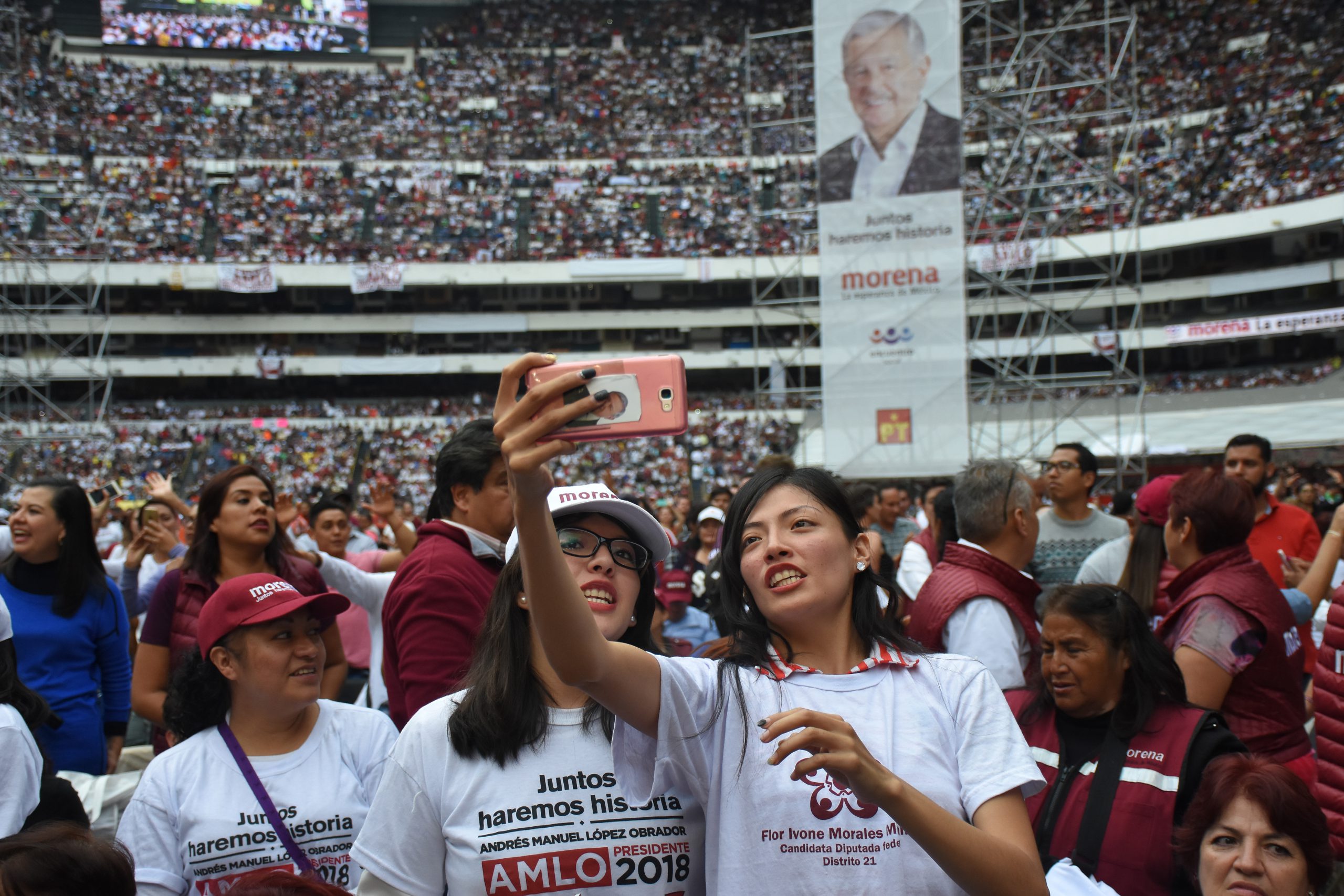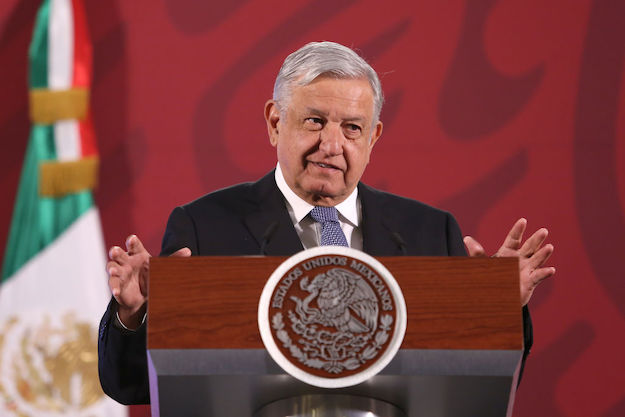Subscribe here to receive the AMLO Update by email
Highlight of the Week
AMLO will unveil his 2019 budget proposal on Saturday in search of the first clear economic win of his presidency.
Investors’ rejection of an improved Mexico City airport bond restructuring plan and a judge’s order to suspend Morena-backed legislation to reduce public officials’ salaries have taken the shine off the president’s first two weeks in office. Officials say neither will affect spending plans, but both could hinder the administration as it tries to attract new investment and save money by cutting government perks and cracking down on corruption.
A budget that convinces markets of AMLO’s commitment to fiscal discipline could help ease the pressure. But Treasury Secretary Carlos Urzúa has little room to work. Of 5.7 trillion pesos (about $280 billion) in expected spending, the government says around 4 trillion is locked up in debt payments and other mandatory expenses. That leaves a small window for new social programs, infrastructure and other spending without taking on debt or raising taxes, as AMLO has promised not to do.
What they’re saying: Bloomberg on why markets will take a close look at AMLO’s savings and efficiency projections; Kenneth Rapoza on how AMLO can defy Wall Street expectations; the five government bodies that will get a budget increase in 2019.
Education Reform
AMLO signed a proposal to undo his predecessor’s education reform, calling it a “promise kept” to teachers at a press conference Wednesday. The initiative will need to be approved by a two-thirds majority in Congress to take effect.
AMLO has long been critical of former President Enrique Peña Nieto’s reform, which among other measures instituted teacher evaluations and sought to end the practice of teachers selling their positions or passing them on to family members. AMLO has called the evaluation system “punitive” and said that too little has been done to improve teacher training and performance.
At the press conference López Obrador presented a replacement proposal that he said respects teachers and parents, and includes the creation of 100 new public universities and scholarships for 300,000 low-income students.
What they’re saying: Hector Aguilar Camín on the “destructive phase” of AMLO’s presidency; México Evalúa’s Marco Fernández on what makes AMLO’s reform different from previous attempts; Teresa Bracho of INEE, an independent evaluating body that would be eliminated by AMLO’s reform, speaks to Aristegui Noticias.
Briefs
Foreign Secretary Marcelo Ebrard promised $30 billion over five years for a development plan for Central America, with an eye toward reducing migration to the U.S. After a phone call with President Donald Trump, AMLO said he considered reaching an agreement with the U.S. on Central American development to be “more important or as important” as a free trade deal.
AMLO said he would “not close a single power plant” as part of his plan to increase generating capacity at state electric utility CFE. The government also presented its plan to increase domestic refining capacity.
AMLO accepted a court’s decision to validate a disputed state governor’s race in Puebla, though he criticized the ruling. The president earlier invited the losing Morena candidate, Miguel Barbosa, to work in his government.
The president said he has an agreement in place with governors of the first eight states that will take part in a plan to federalize the public health system gradually over the next two years.
Quote of the Week
“I don’t want to lower expectations.”
AMLO promised more effective government during an event in Jojutla, Morelos, where he unveiled a reconstruction plan for areas affected by last year’s earthquakes.
—
Russell is AQ’scorrespondent in Mexico City







